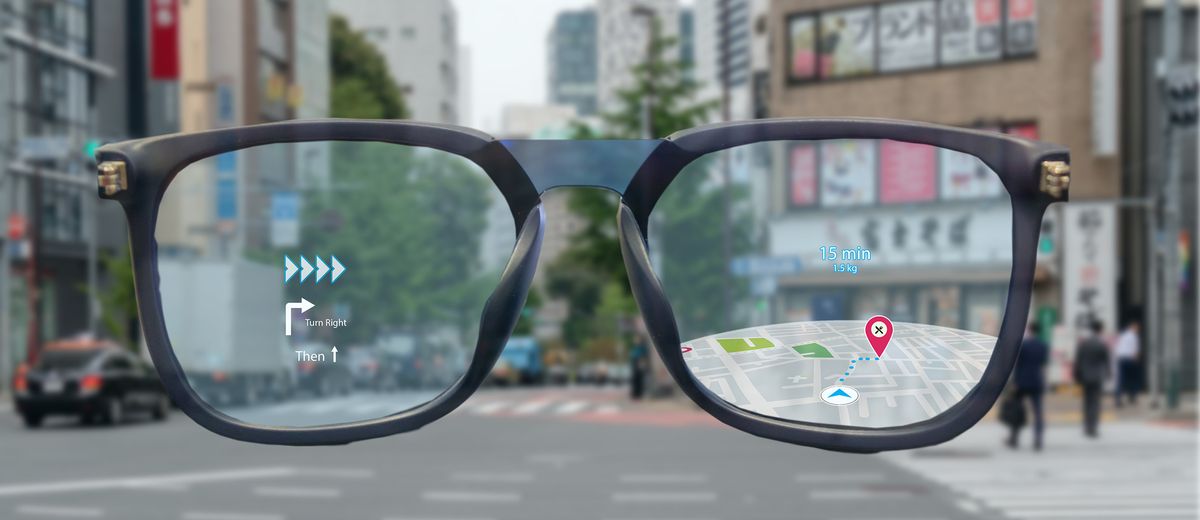Tech companies are rushing to make AR glasses
Now's the time for AR and VR glasses.

A few minutes every morning is all you need.
Stay up to date on the world's Headlines and Human Stories. It's fun, it's factual, it's fluff-free.
At this point, VR headsets are everywhere. And they can be pretty accessible, with some sets running just over US$100. But they're kind of inconvenient – even clunky and awkward. So, VR headsets are starting to feel a bit outdated.
Now's the time for AR and VR glasses. If you remember Google Glass from like a decade ago, we're looking at a similar concept.
On Tuesday, tech giant and Facebook parent company Meta hosted a presentation of its AR and VR plans for the next few years with its Reality Labs division. By 2025, the company wants to release its first pair of smart glasses with a display and a special smartwatch to control them. These smart glasses would be considered AR (augmented reality) rather than virtual reality. So, users would still see their surroundings through the glasses, it would just be supplemented by digital images. Eventually, Meta wants these AR glasses to replace smartphones, with users keeping the glasses on throughout the day.
At the same time, China's Xiaomi tech company just announced its own AR glasses at the Mobile World Congress trade show in Barcelona. AR Glass Discovery Edition has technology that lets the user dim the lenses on the fly for better AR viewing. These glasses also work with Qualcomm's Snapdragon Spaces software to connect them to smartphones.
On Saturday, the founder and CEO of Xiaomi, Lei Jun, tweeted: "Xiaomi Wireless AR Glass Discovery Edition features a lightweight yet sturdy design with a magnesium-lithium alloy structure and carbon fiber materials. Its electrochromic lenses allow for seamless access to reality and the virtual world at a single click."
Google, Samsung and Qualcomm have also announced a future XR (extended reality) partnership, which could mean more advances in this kind of wearable tech.
"It's a widespread view in the technology industry that AR smart glasses could be the next major form of mobile computing after the smartphone," Leo Gebbie, an analyst at CCS Insight, told CNBC.




Comments ()